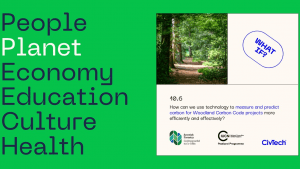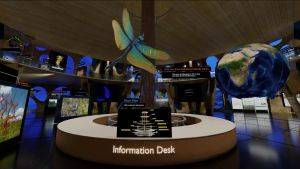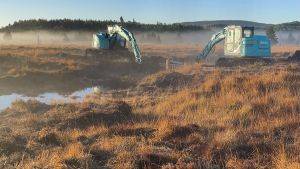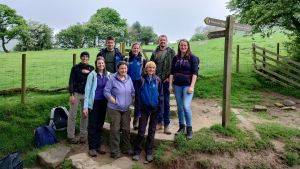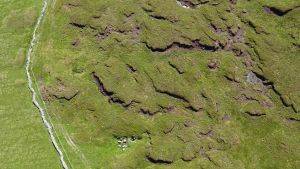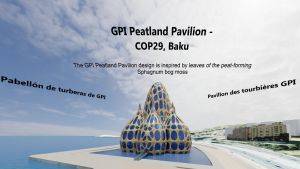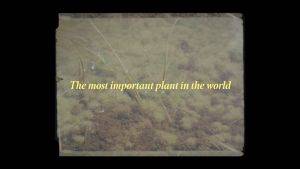The Intergovernmental Panel on Climate Change (IPCC) will explore further guidance for monitoring greenhouse gas emissions from wetlands. This is a crucial step towards a decision by the UN Climate Summit in December in Mexico to allow countries to reduce emissions through rewetting drained wetlands.
Conservative estimate show that globally anthropogenic CO2 emissions from drained peatsoils in wetlands amount to 2 Gton per year (i.e. 6% of all global anthropogenic CO2 emissions), of which at least 500 Mton is emitted by developed countries that have signed the Kyoto Protocol.
Many of these emissions could be reduced by rewetting; however because these emissions do not currently need to be accounted for, there is little incentive for countries to save or restore these carbon rich areas.
The decision to invest in methodologies to account the emissions from peatsoils in wetlands was taken by the SBSTA, the body that provides technical guidance to the UN Climate Convention, which was meeting in the past two weeks in Bonn. Until now, the methodological guidance from IPCC given to countries to enable emission accounting did not cover emission reductions from wetland restoration. Without reliable guidance, countries are not able to calculate their emission reductions accurately and will not agree to account for the emissions or emission reductions from their drained degraded carbon rich wetlands.
This decision shows that there is broad acknowledgement among Parties under the Convention that emissions from drained wetlands are significant and that rewetting peatlands can play an important contribution to decreasing greenhouse gas emissions and avoiding dangerous climate change.
Clifton Bain Director of the IUCN UK Peatlands Programme welcomed the news:
"Once peatland restoration is officially included under the Kyoto Protocol it will give a huge boost to repairing the UK's damaged peatlands, helping reduce carbon loss and benefiting water quality and biodiversity. This announcement comes closely after the Scottish Government gave a commitment that peatland restoration would be included in the delivery of its climate change targets after the international rules are agreed."
ENDS
Notes
- The IUCN (International Union for the Conservation of Nature) UK Peatland Programm exists to promote peatland restoration in the UK and advocates the multiple benefits of peatlands through partnerships, strong science, sound policy and effective practice. The work of the Peatland Programme is overseen by a coalition of environmental bodies including the Scottish Wildlife Trust, John Muir Trust, Yorkshire Wildlife Trust, RSPB, North Pennines AONB, Moors for the Future and the University of East London. The Programme is funded by the Peter De Haan Charitable Trust.


